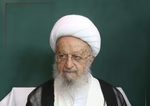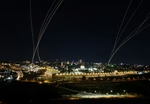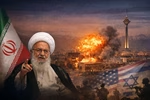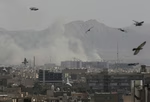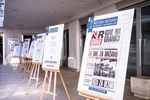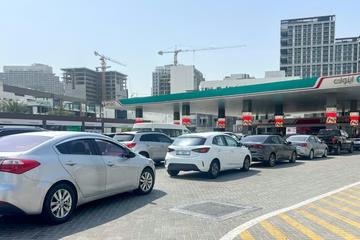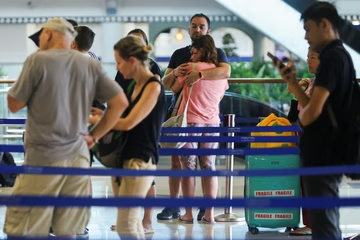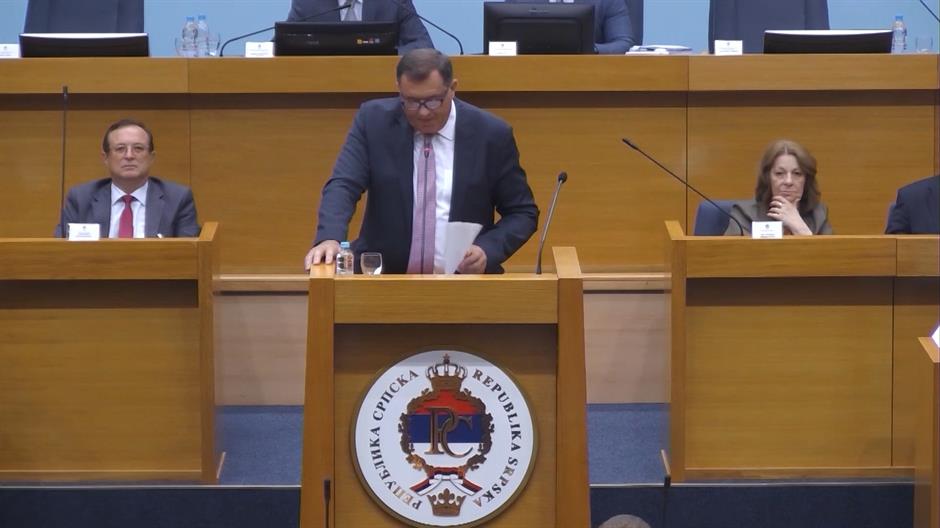
The rejection of the 2004 report on what happened in Srebrenica in July 1995 represents an abuse of institutions for the sake of a pre-election campaign, the Helsinki Committee for Human Rights in Bosnia said in a reaction to a Tuesday session of the Bosnian Serb Parliament where the issue was discussed.
The controversial session of the National Assembly of Republika Srpska (RS), the Parliament of Bosnia’s Serb-dominated semi-autonomous entity, was initiated by RS President Milorad Dodik and his Alliance of Independent Social Democrats (SNSD).
They dispute the report the RS Government adopted in 2004, while Dodik’s political opponents in the RS were in power. At the time, the RS Government commissioned a team of experts to put the report together. It details the massacres in the Srebrenica area between July 10 and July 19, 1995.
Within those nine days, the Army of Republika Srpska and Bosnian Serb paramilitary forces committed what would later often be referred to as the worst crime on European soil since WWII.
They overran the eastern Bosnian enclave and rounded up the town’s Muslim Bosniaks, separated men from women and little children and systematically executed some 8,000 men and boys.
The bodies of the victims were dumped into numerous mass graves in the area. Forensic experts excavate them and identify the bones through DNA analysis before returning the bodies to the families every year. They then rebury them every July 11 at the Memorial Centre’s cemetery.
Two international courts, The International Criminal Tribunal for the Former Yugoslavia and the International Court of Justice, ruled that the massacre was an act of genocide.
"Adopting the initiative to reject the Report of the Commission regarding the developments in Srebrenica in July 1995 (...) represents a direct kind of abuse of institutions for the sake of a pre-election campaign and collecting political points ahead of the October election in an unfair way," the Helsinki Committee said.
This also raises the question of why the report has never been discussed over the past 14 years, but that it is discussed now, just ahead of an election, the organisation pointed out, adding that the RS National Assembly is not the right place to discuss the report, especially the parts of it based on rulings by international courts.
"We are certain that on the long run this initiative will significantly compromise the institutions of Republika Srpska," the organisation said.
Moves like this make facing the truth and building of peace and trust in Bosnia harder, it said.
The organisation also criticised the responses of the opposition in Republika Srpska, calling them "discouraging" and said that the opposition is "naively falling into the political trap which the current (RS) Government is setting up ahead of the election."
"We call upon political leaders in Bosnia to take full responsibility for the building of a stable and long-term peace in Bosnia and Herzegovina, one based on respect and affirmation of universal human and democratic values, and not to instigate inter-ethnic and inter-religious intolerance, fear and hate," the organisation’s statement concluded.
Kakvo je tvoje mišljenje o ovome?
Učestvuj u diskusiji ili pročitaj komentare





 Srbija
Srbija
 Hrvatska
Hrvatska
 Slovenija
Slovenija










